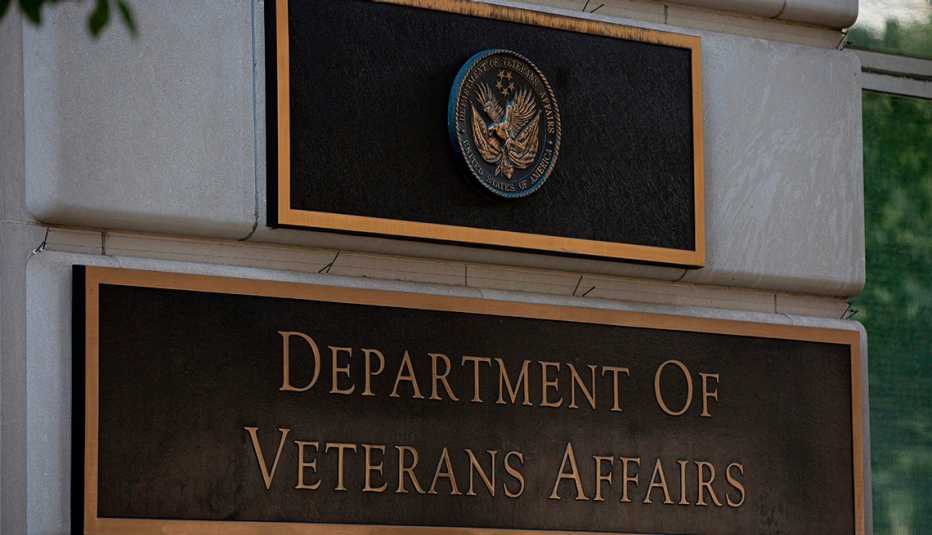Staying Fit


Veterans and caregivers who receive a denied application to the Program of Comprehensive Assistance for Family Caregivers (PCAFC) may now appeal or request the Veterans Health Administration (VHA) to review the decision.
Depending on the date when a decision was issued, there are different processes for filing an appeal. Those who received a decision before Feb. 19, 2019, can file an appeal with the Board of Veterans’ Appeals for a Veterans law judge to review it. To start the process, fill out this form: Decision Review Request: Board Appeal (Notice of Disagreement) (VA Form 10182).


AARP Membership— $12 for your first year when you sign up for Automatic Renewal
Get instant access to members-only products and hundreds of discounts, a free second membership, and a subscription to AARP the Magazine.
If appealing a decision made on or after Feb. 19, 2019, there are three options:
- Supplemental claim: VA will consider new, relevant evidence that was not on record when the agency made the first PCAFC decision. To file, complete Decision Review Request: Supplemental Claim (VA Form 20-0995).
- Higher-level review: An official from the Caregiver Support Program who was not involved in the initial decision will review the original application; no other information will be considered. This process can be started with the form Decision Review Request: Higher-Level Review (VA Form 20-0996).
- Appeal to the Board: A Veterans law judge on the Board of Veterans’ Appeals will review original decision made by the VHA. Form Review Request: Board Appeal (Notice of Disagreement) (VA Form 10182) is required.
Who is eligible for the PCAFC?
Caregivers of veterans who served during the Vietnam War and earlier and those who were severely injured on or after Sept. 11, 2001, are eligible for a monthly payment provided by the U.S. Department of Veterans Affairs (VA).
In October 2022 the program is expected to extend to veterans injured between May 7, 1975, and Sept. 10, 2001.

































































More on Home and Family
Free Resources to Aid Veterans, Military, Their Families Amid COVID-19 Outbreak
Check out where you can find support for your health and financesHow Veterans Can Get Tested for COVID-19 With VA or Tricare
Non-urgent appointments being rescheduled to handle potential influx of coronavirus casesHow the Pandemic Changed Caregiving for a Veteran's Family
A father helps with his daughter's recovery from a traumatic brain injury